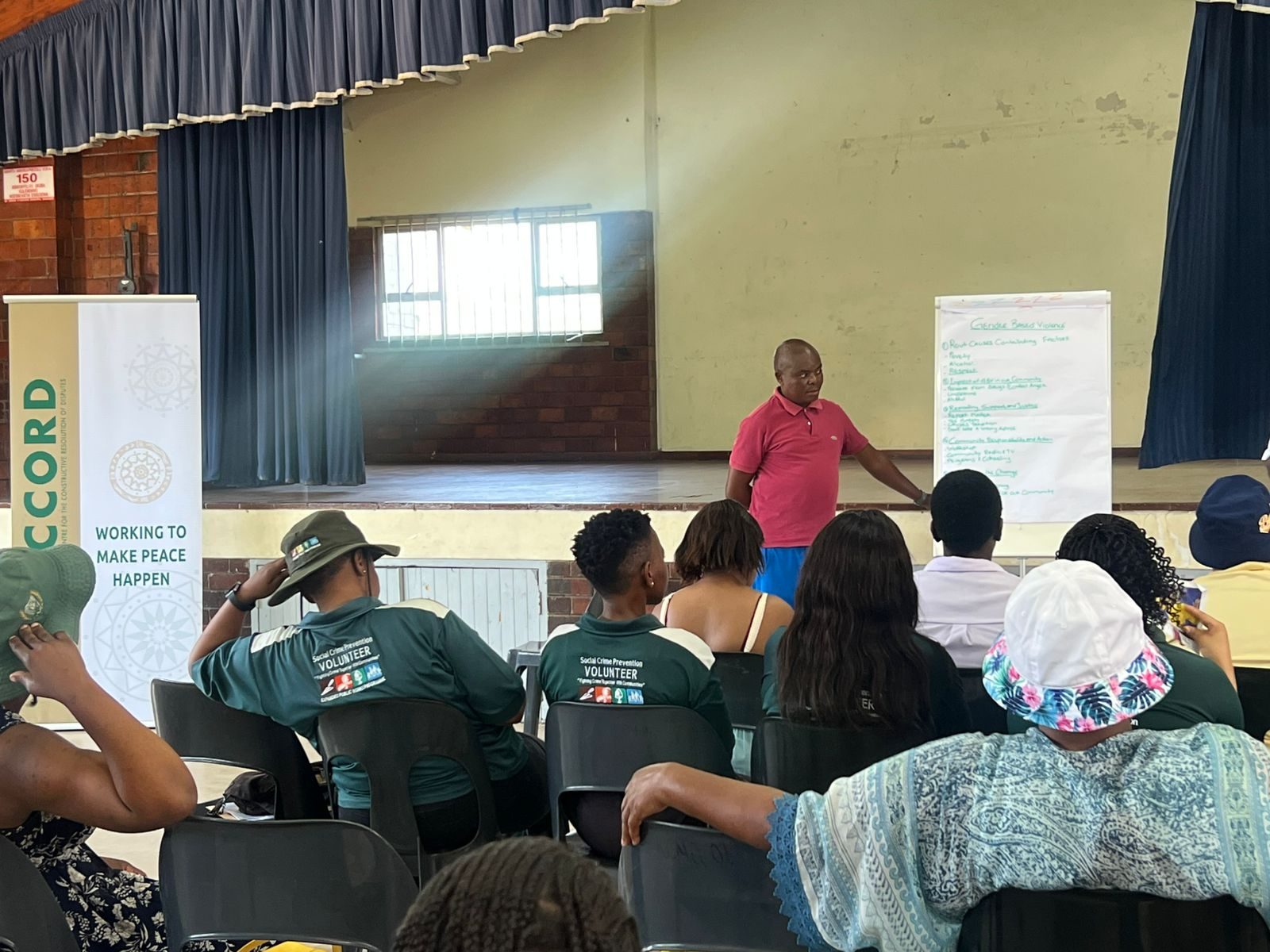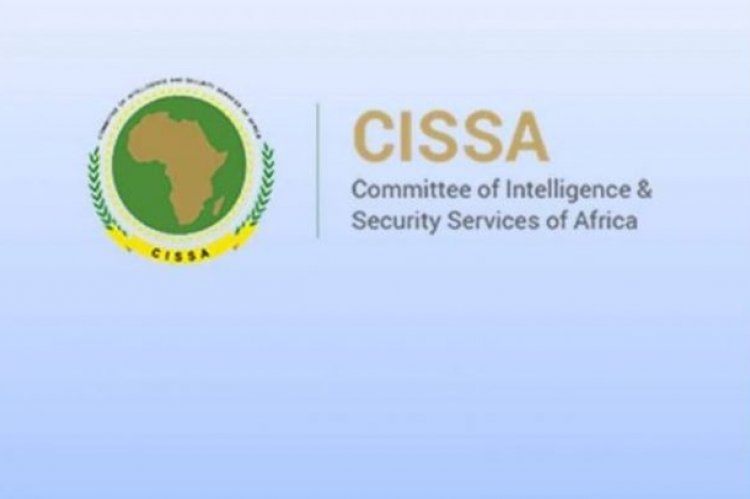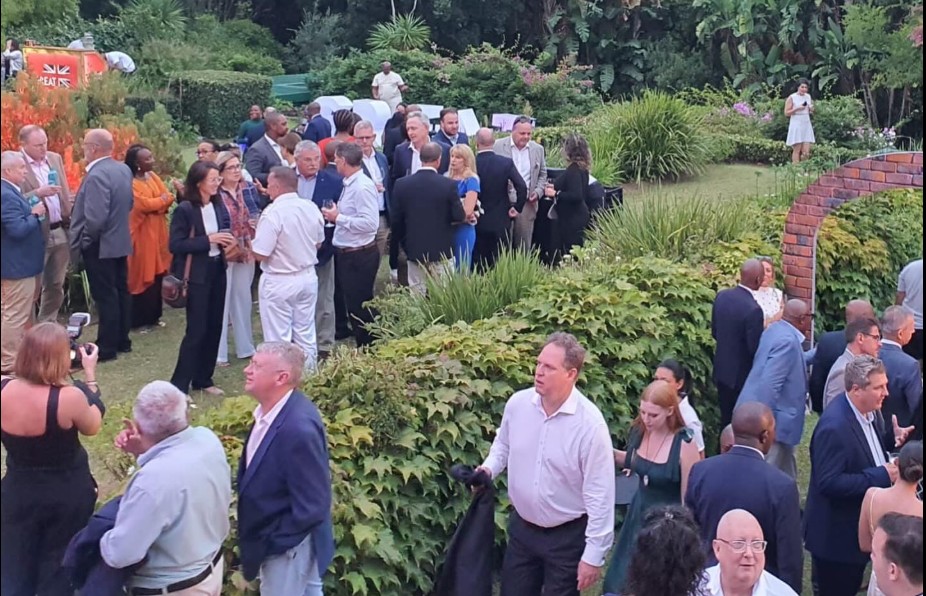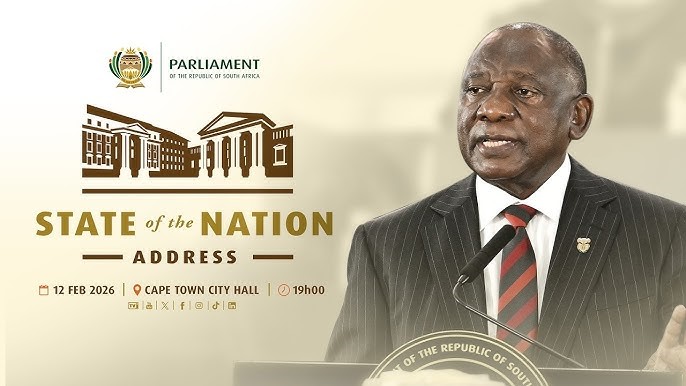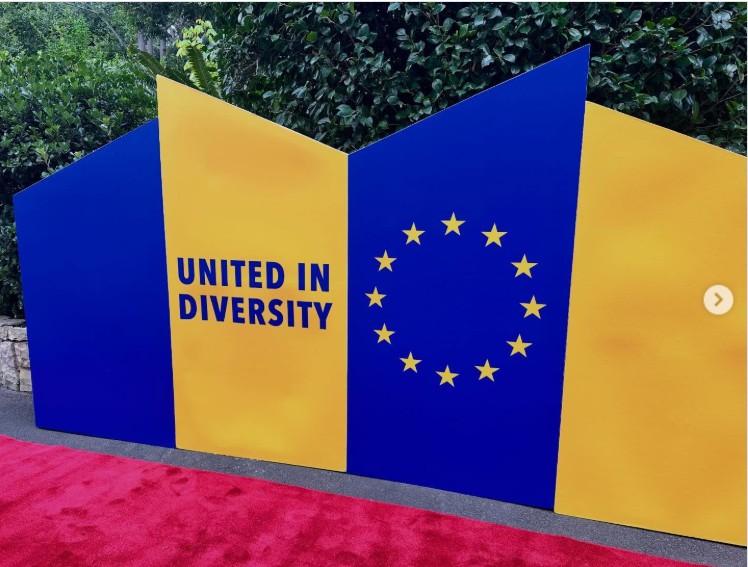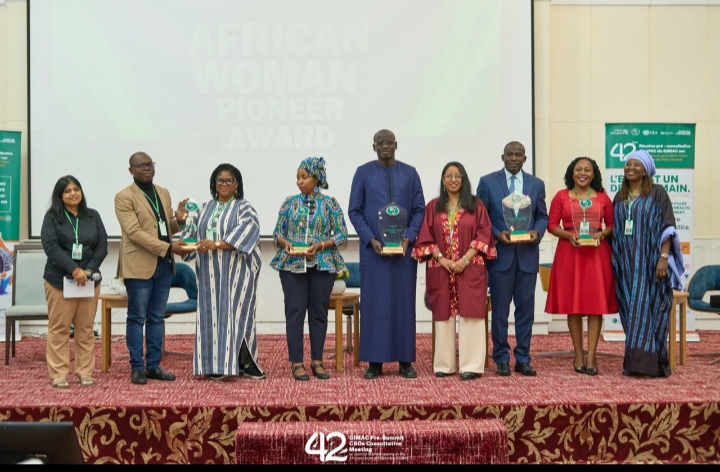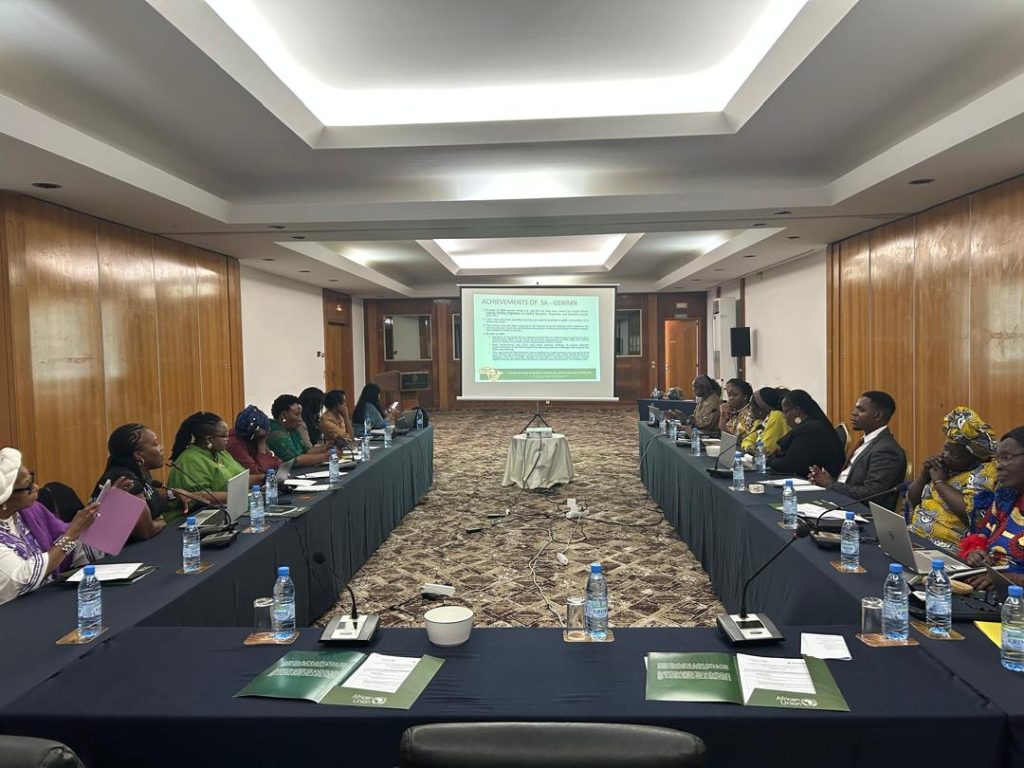On 14 October 2025, community leaders, civil society representatives, and youth leaders gathered in Umlazi for a focused discussion on gender-based violence (GBV). They explored its root causes, consequences, and the role of substance abuse in exacerbating violence. This dialogue is part of an ongoing collaboration between ACCORD and AgendaGL, aimed at fostering community conversations across KwaZulu-Natal. The goal is to elevate local voices, document lived experiences, and identify practical measures for prevention and support for survivors.
Participants opened the session by discussing community accounts of GBV and its everyday effects. They described patterns of intimate-partner violence, emotional abuse, coercive control and economic manipulation as problems that are normalised in homes and hidden behind closed doors. Several community members explained that reporting remains low: survivors fear stigma, social isolation, retaliation and many lack confidence in formal justice and health systems to protect them. A lengthy portion of the dialogue examined the social and structural drivers of GBV and contributors pointed to entrenched gender norms and expectations that condone male dominance, unequal household power and harmful ideas of masculinity. Unemployment and economic stress were repeatedly named as catalysts: when breadwinner roles collapse, tensions rise and some turn to violence or substance abuse as an outlet. Youth representatives highlighted the role of absent or strained parental relationships, peer pressure and a lack of safe recreational spaces.
Substance abuse emerged as a core theme linking poverty, youth vulnerability and violent behaviour. Attendees described how alcohol and illicit substances often easily available in certain neighbourhood pockets can escalate arguments into physical attacks, increase risky sexual behaviour and reduce seeking help from neighbours or institutions. Service providers in the meeting noted a spike in cases where alcohol-intoxication preceded assaults and they called for combined prevention strategies that treat substance misuse and GBV as interlinked problems.
Participants debated barriers to reporting and support. Long queues at local clinics, limited after-hours services, unclear referral pathways and slow police follow-up were cited. Civil-society groups present argued for survivor-centred services: confidential reporting channels, legal aid, psychosocial counselling and safe-house capacity. They also urged more visible, community-based awareness campaigns that challenge harmful norms and advertise available services.
Local solutions and commitments
Throughout the meeting, attendees proposed practical and locally rooted solutions. These included, expanding community outreach that engages men and boys on positive masculinity, establishing youth mentorship and skills programmes to reduce idle time, coordinating with local tavern owners and traders to limit the sale of alcohol to minors and forming community monitoring teams to spot and refer at-risk households. Multiple speakers asked for increased funding for local NGOs that provide counselling and for stronger cooperation between health, police and social-development offices to create clear and fast referral pathways.
Education and preventive work received strong backing as participants recommended school-based curricula on respectful relationships, steering community theatre and radio spots to reach households, and running regular community dialogues so the conversation and accountability continues beyond a single event. Evidence from similar local dialogues suggests that repeated, participatory meetings can change attitudes and increase help-seeking when paired with visible services.
The dialogue ended with a call for coordinated action: residents pledged to keep the issue on the local agenda, while civil-society actors committed to follow up on service gaps identified during the meeting. This conversation will feed into a wider set of engagements across the region aimed at preventing GBV and supporting survivors. For guidance and national resources on reporting and services, partners pointed attendees to the government’s GBV Command Centre and local NGOs working on survivor empowerment.

